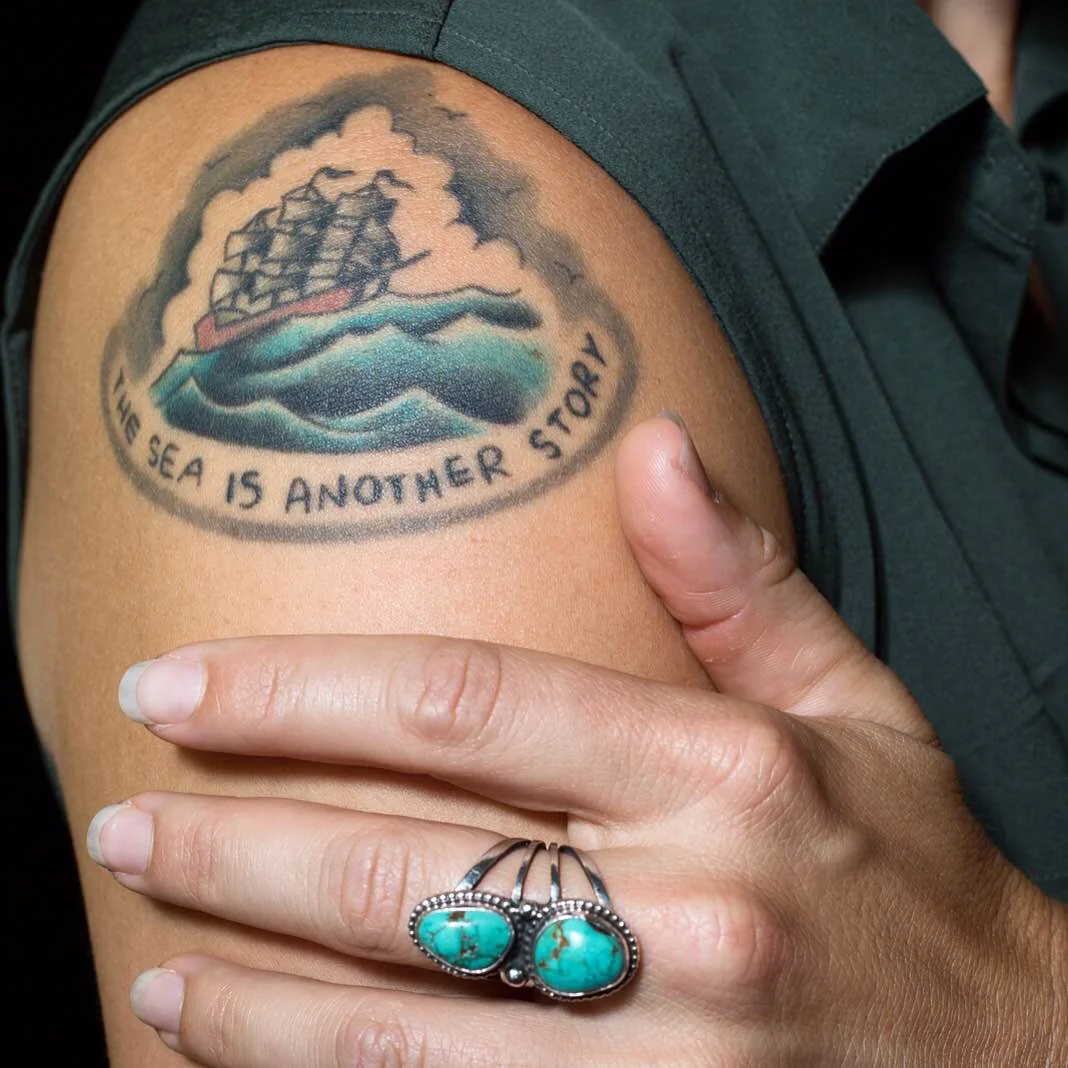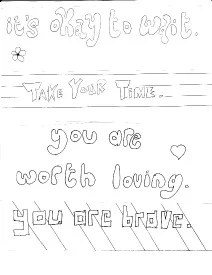In case you are unable to play the video, here is a synopsis, including the prompts:
Reflections can be done at any significant moment in your life, including the New Year, either solstice, birthdays, or – a very profound experience – on death days. When someone who has been a guide or mentor to you has passed, it can be very meaningful to reflect on your year with that person’s wisdom in mind. They can help you see what you’ve accomplished and where you’re headed, and perhaps offer a redirect for you as well, if that’s something you’re looking for.
For this exercise, get comfortable and give yourself enough space mentally and obligation-wise to focus on journaling. Grab a pillow, blanket, cup of tea—and a candle (if you have one), matches, and a pen and paper. We will be doing a bit of journaling right now.
Light your candle, get situated, and get ready to write!
First prompt: What are 10 events or situations that have been significant to you in the past year? People you’ve met or lost, relationships, events, lessons, anything that stands out to you as a growth point. Whatever comes to your mind is probably what can go on this list, as well as things you remember later on, spurred by this exercise. Give each person/event/experience its own line, and spend time meditating on what was significant about them for you.
Second prompt: What would you like to see manifest in the new year? What wish, vision, and intention is inside of you itching to be set free and come alive? What would you like to create in the coming year? When you find yourself sitting here, this time next year—what goes on that “10 Significant Situations” list?
Third prompt: What limits you? What do you feel is holding you back? What would you be doing if you felt like you were good enough and capable enough? Where can you offer more love, gratitude, patience, and compassion for yourself? What do you need in your life to help you manifest the wishes and dreams that you discovered in the second prompt? **I would add here, which I neglected in the video: In addition to working on offering love, gratitude, and compassion to yourself, where can you offer this to the world and your community? How can you help your community flourish and manifest the visions that benefit us all? This is by no means exclusive of growing, cherishing, and developing yourself. These go hand-in-hand.
Life is full of surprises. We spend so much of our life dealing with what is right in front of us, and it can be challenging to find time for reflection. You have chosen this time, whenever it may be, to reflect and honor where you are and how you got to be here, as well as were you dream to go. In doing so, you are offering something beautiful, loving, and wonderful to yourself that will help you step into the unexpected that this new year will bring with grace and compassion.
To cite this page: Merson, M. (2014) Intention Setting: Three Journal Prompts. Retrieved month/day/year from http://mollymerson.com/2014/12/26/intention-setting-three-journal-prompts/. Please note that this column is not intended to treat, diagnose, or prevent any disease. This post is for entertainment and informational purposes only. I do not purport to offer advice to people whom I do not know and whom I am not currently treating in my practice, and even then, it is not a general practice for me to offer advice to my clients as their decisions are their own to make. If you are in need of mental health support, please seek out a licensed professional to begin ongoing therapeutic treatment.








